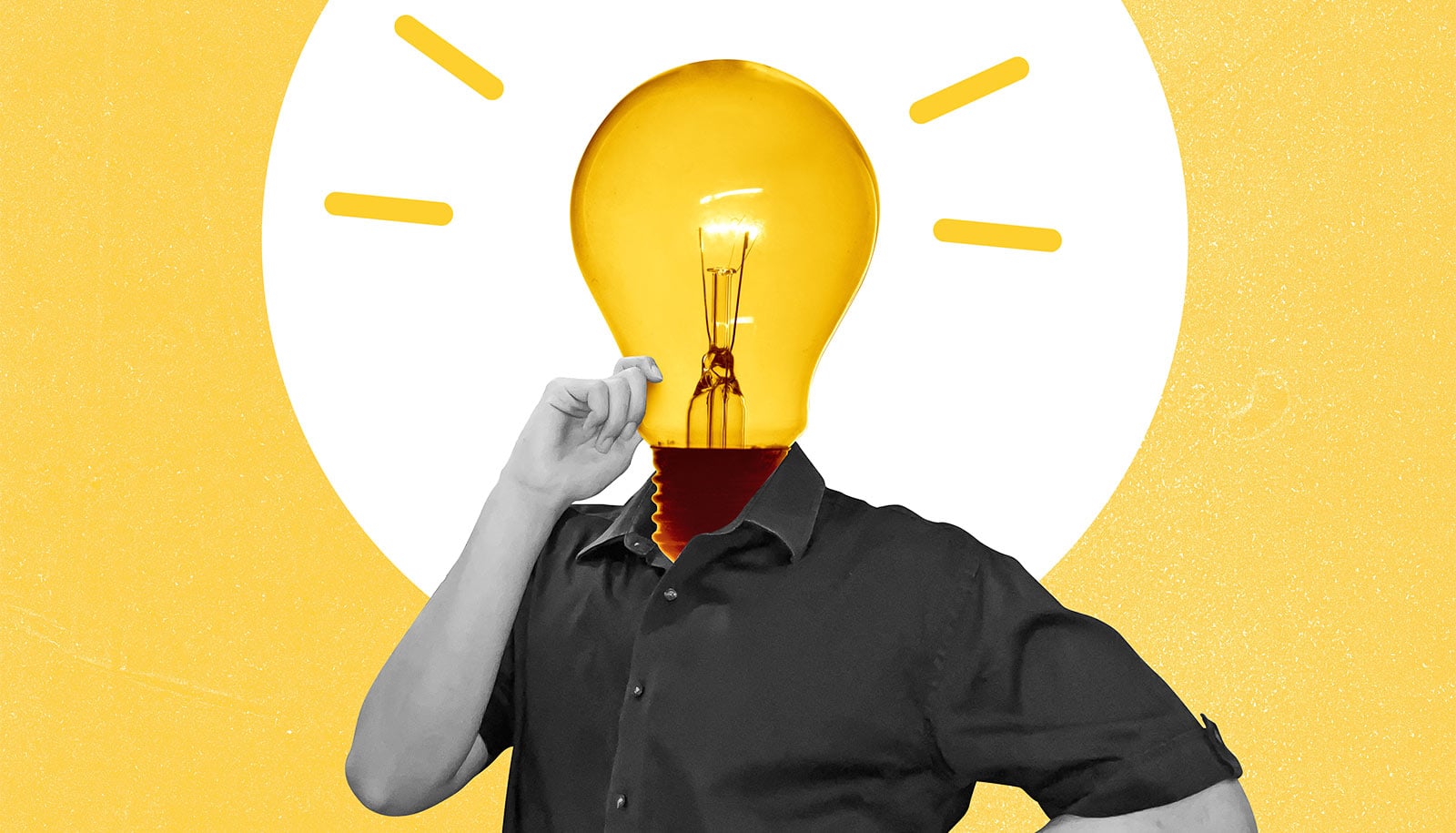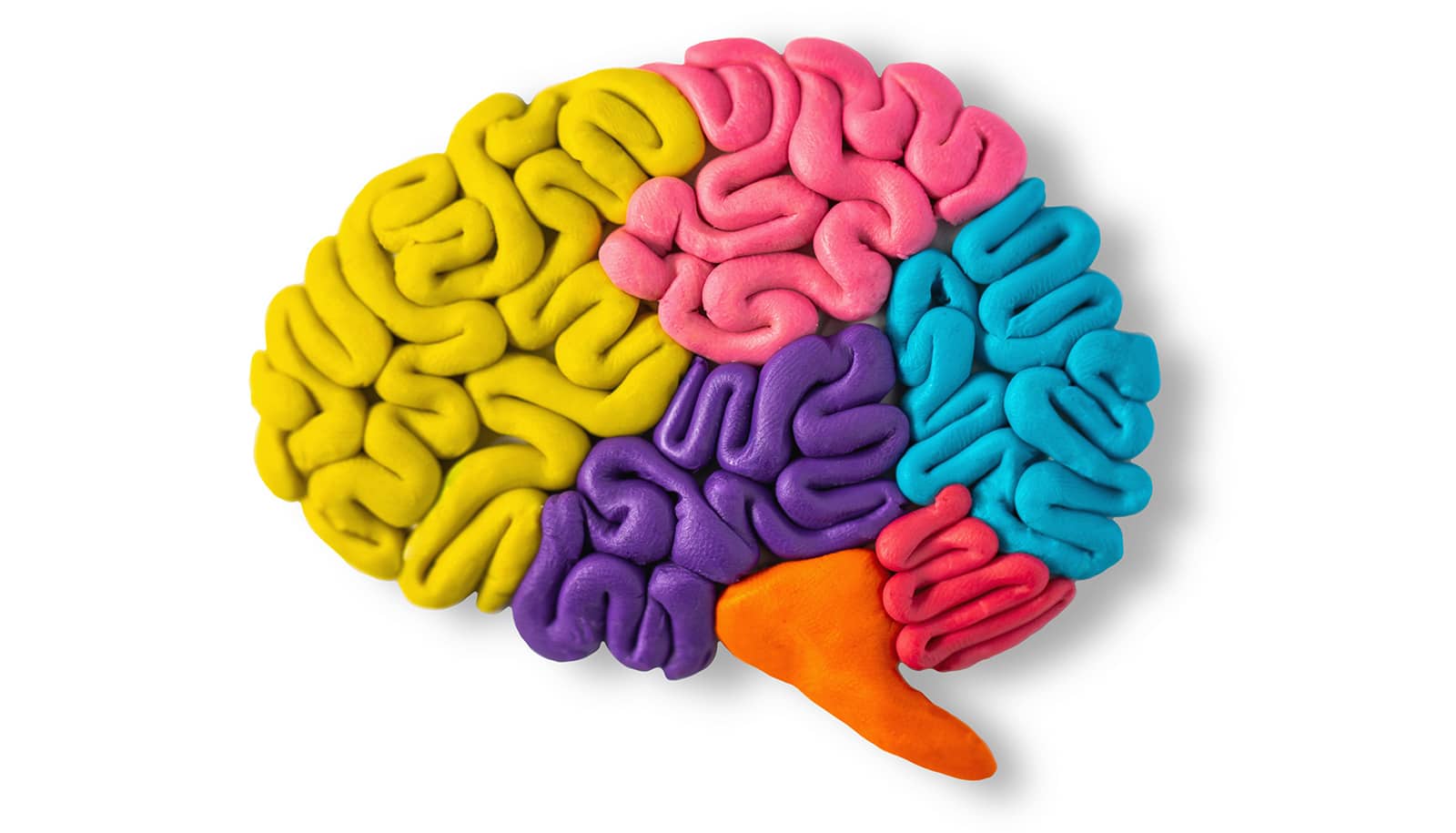The “loudness” of our thoughts—or how we imagine saying something—influences how we judge the loudness of real, external sounds, research finds.
“Our ‘thoughts’ are silent to others—but not to ourselves, in our own heads—so the loudness in our thoughts influences the loudness of what we hear,” says David Poeppel, a professor of psychology and neural science of New York University.
The team found that auditory imagery can decrease the sensitivity of actual loudness perception, with support from both behavioral loudness ratings and human electrophysiological (EEG and MEG) results.
“That is, after imagined speaking in your mind, the actual sounds you hear will become softer—the louder the volume during imagery, the softer perception will be,” explains Tian Xing, assistant professor of neural and cognitive sciences at NYU Shanghai. “This is because imagery and perception activate the same auditory brain areas. The preceding imagery already activates the auditory areas once, and when the same brain regions are needed for perception, they are ‘tired’ and will respond less.”
How to talk to yourself to control emotions
According to Tian, the study demonstrates that perception is a result of interaction between top-down (e.g. our cognition) and bottom-up (e.g. sensory processing of external stimulation) processes. This is because human beings not only receive and analyze upcoming external signals passively, but also interpret and manipulate them actively to form perception.
The findings are the team’s latest in a series of studies using mental imagery paradigms to investigate speech monitoring and control in production process—namely, a motor-based predictive process, which can extend and predict low-level auditory attributes such as loudness.
“Combining perception and speech production monitoring and control, this study can implicate the mechanisms of mental disorders,” Tian says. “The most relevant one is auditory hallucination mostly in schizophrenia.”
Ding Nai from Zhejiang University is a coauthor of the study, which appears in Nature Human Behavior.
The National Natural Science Foundation of China and the Science and Technology Commission of Shanghai Municipality, as well as NYU, NYU Shanghai, and Zhejiang University, supported the work.
Source: New York University



